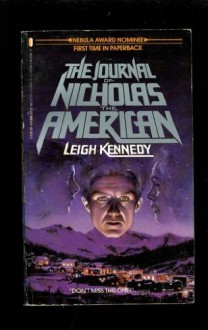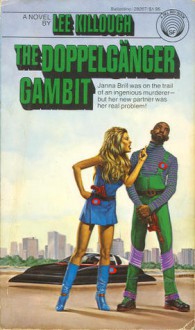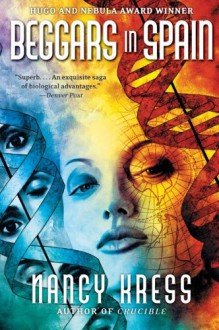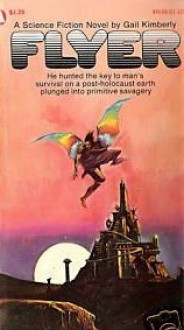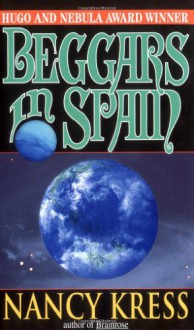
 "Loosed Upon The World" is a collection of twenty-six short stories that imagine our future in a world undergoing dramatic climate change.
"Loosed Upon The World" is a collection of twenty-six short stories that imagine our future in a world undergoing dramatic climate change.
It has a strong start with “Shooting The Apocalypse”by Paolo Bacigalupi taking us to a USA torn apart by water wars and“The Myth Of Rain”by Seanan McGuire showing the continuing triumph of self-serving belief over ecological fact, even after disaster has struck.
The seventh story, "A Hundred Hundred Daisies" by Nancy Kress, is a fine example of how to pack a lot of impact into very little text.
The plot is relatively simple: a boy coming of age tries to prove his manhood by getting involved in a covert struggle his father and the other men in town are having with the company building a pipeline that will take their water to people who can afford to pay for it.
Telling the story from the boy's point of view lets us see that drought is his reality, his normal. That it is his father who mourns the loss of water to make his farm prosper. When the boy takes up the hopeless struggle, we see how drought creates a new dispossessed with an inheritance of dust anger and violence.
What makes the story special is that Nancy Kress goes beyond the evocation of climate change creating loss and violence and reminds us that the world continues.
The boy, Danny, has a younger sister, Ruthie. who is too young to understand what has changed or to take part in any violence. She is building her understanding of the world by comparing what she sees now against old photographs that she collects and gets her brother to explain.
While Danny is waiting to see if he's going to be arrested, Ruthie, dressed for school in an old blouse that used to be her moms but "has been cut down somehow to sort of fit her" asks him about the latest photograph she's found. What follows hit me harder than any technical account of climate change:
I say, "That's our old horse pasture."
"We had horses?"
“One horse.” White Foot. He’d been mine.
“Where’s the horse?”
“Gone.”
“Where’s the pasture? Is it the dirt field over by the falling-down fence?” “Yeah.”
“But what are those?” She points at the photograph.
In the picture, the pasture, its fences whole and whitewashed, is full of wildflowers, mostly daisies. Wave after wave of daisies in semi-close-up, their centres bright yellow like little suns, their petals almost too white, maybe from some trick of the camera. When was the last time I saw a daisy? Had Ruthie ever seen one?
I say, “Fuck, fuck, fuck.”
“You just said bad words!”
“They’re called ‘daisies.’ Now go away, brat.”
“You said bad words! I’m telling!”
Heavy footsteps on the stairs. Ruthie, looking close to tears, thrusts the photo under her blouse and skitters out the door. It isn't the tears that do me in, it's the blouse.
The masterstroke of this coming of age story is that In the midst of all escalating violence and the looming threat of failure, Danny focuses on creating a moment of beauty for Ruthie, related to the "Hundred Hundred Daisies" of the title.
This is the high point of the story. This is the acknowledgement that creating beauty is important, even when the world you've known is ending and that creating a good memory for someone you love is a way of seeding your world with hope.

 Log in with Facebook
Log in with Facebook 

